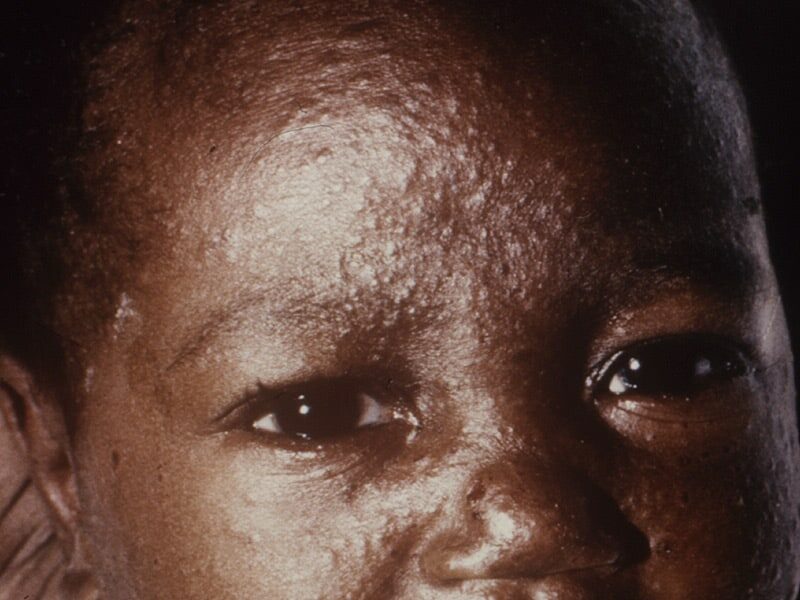Pharmacists hold professional education conference
The Pharmacy Board of Sierra Leone in collaboration with the Pharmaceutical Society of Sierra Leone last Saturday held its professional education geared towards bringing its members to speed with contemporary development in Pharmacy practice.
Two hundred and eight pharmacists in the western area of the country gathered at the conference Hall of the Department of Nursing, College of Medicine and Allied Health Sciences to be taught in various areas of current medical intervention and how they as pharmacists should collaborate with other areas of medical intervention to bring a holistic benefit to the public health of the country.
Topics taught at the programme include Pharmacy Professionals’ Role in Diarrhoea Disease Management: A Public Health Perspective: a paper that was delivered by Pharmacist Onome Thomas Abiri from the Drug Evaluation and Registration Department at the Pharmacy Board of Sierra Leone.
He said in the developing and developed world, despite developments and strides in public health and economic wealth, the incidence of diarrhoea remains high and continues to be an important clinical problem, although mortality has fallen sharply in recent decades
Infectious diarrhoea, Mr. Abiri added is the most common cause of diarrhoea worldwide and is responsible for more deaths than GI cancers, peptic ulcer and inflammatory bowel diseases, noting that it is the leading cause of childhood death and the second most common cause of death worldwide. It was further noted that globally, there are about 2 billion cases of diarrhoea each year, a case that leaves Sierra Leone as one of the most vulnerable states.
Talking on the causes of the disease, he said it is closely related to the socio-economic and cultural conditions which are imposed upon a community, which results from suboptimal nutrition, marginal sanitation and limited medical services.
Infantile diarrhoea, it was established, wreaks the worse havoc in the lower economic strata, where poverty goes hand in hand with ignorance, overcrowding and poor hygiene, among other things.
On the topic, Universal Access, National Response To HIV & AIDS In Sierra Leone as presented by Moi Tenga Sartie from the National AIDS Secretariat, he established that there are five pillars of Universal Access which he noted as political commitment and leadership, partnerships and community mobilization, health systems/services strengthening, including the adaptation and application of appropriate tools, effective, reliable supply of medicines, diagnostics, and other commodities, health promotion and prevention of STI and HIV/AIDS within health services and strategic information and dissemination of best practices.
Talking on the overall achievements of the HIV Multi-sectoral Response, Mr. Moitenga noted political support and commitment as very crucial and called on all to be committed and proactive to the national response on HIV and Aids. He also spoke on the need for strong and committed partnership, increased Government and Donor support, increased uptake and scale-up of services, availability of treatment and adherence and the need for good strategic information about HIV/Aids.
Speaking on the Role of Expanded Programme on Immunization (EPI) in Child Health, Deputy Registrar of the Pharmacy Board noted to colleagues that the EPI Division in line with WHO recommendations is expanding routine immunization and has introduced new vaccines such as Hepatitis B vaccine, Haemophilus influenza b (Hib) vaccine as part of the Pent valent vaccine. The Expanded Programme on Immunization, he said, is one of the four programmes of the Directorate of Reproductive and Child Health (RCH) Programme, adding that the general goal of EPI is to reduce morbidity and mortality attributed to the Vaccine Preventable Diseases (VPDs) and thus improve the quality of life of the children and women of Sierra Leone.
One key objective of the programme, he said, is to attain and maintain a level of immunization coverage of at least 80% for children under one year for all vaccines given by the year 2010 and to immunize 80% of women in the reproductive age with Tetanus Toxoid, as an effort towards reaching elimination of Neonatal tetanus by the year 2010.
Giving a lecture on Logistics Management in Pharmacy Practice, Ms. Marie F. Kandeh of the Policy, Standards and Practice Department Pharmacy Board of Sierra Leone (PBSL) revealed that “Logistics Management is that part of Supply Chain Management that plans, implements and controls the efficient, effective, forward and reverse flow and storage of goods, services and related information between the point of origin and the point of consumption in order to meet customers requirements.â€
Pharmacy professionals, she pin-pointed, “are responsible for ordering and monitoring supplies of pharmaceutical products and medical devices at their premises/work station and that the Pharmacy professional determines the order quantity based on expected consumption and space available in the dispensary.Â
Ms. Kandeh also noted among other things that at the end of the month, the Pharmacy professional must add up the total quantity of each drug dispensed during the month to monitor the consumption and compare that against the stock levels in the pharmacy store to determine if it was time to place an order.
Stay with Sierra Express Media, for your trusted place in news!
© 2010, https:. All rights reserved.






